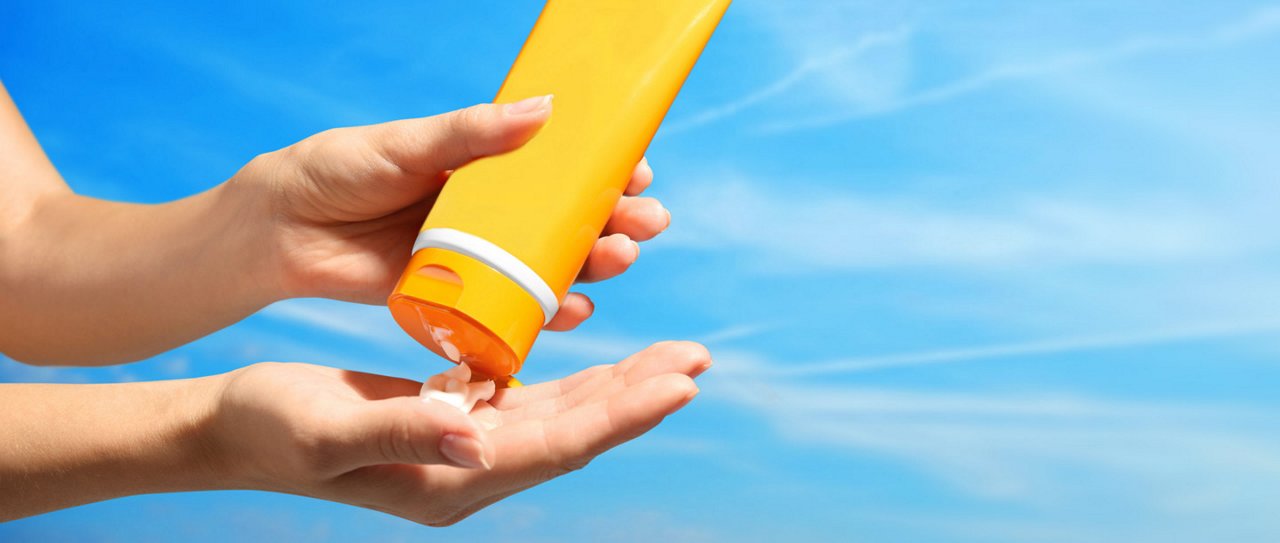
With summer around the corner, many of us are already thinking of all the fun outdoor adventures we will enjoy. Whether it’s relaxing at the beach or hiking in the mountains, these adventures have a silent danger in common – the sun.
The sun, and even artificial sunlight, give off ultraviolet (UV) rays. The consistent exposure to UV rays can lead to skin damage. Skin damage accumulates and can lead to skin cancer. According to recent research, two types of skin cancer have been on the rise. At the beginning of the month, Mayo Clinic reported that between 2000 and 2010, basal cell carcinoma and squamous cell carcinoma diagnoses have increased greatly. Basal cell carcinoma (BCC) increased by a shocking 145 percent. Squamous cell carcinoma (SCC) has increased by an even higher percent at 263 percent. While BCC and SCC usually don’t spread to other parts of your body, you should still practice skin safety.
Here are 5 ways to decrease your risk of skin cancer.
This means avoid laying out in the sun by the beach or the pool, and no artificial tanning. No level of tanning is safe. Any time your skin gets darker you are damaging your skin. This can later lead to scarier forms of skin cancer, like melanoma.
The Skin Cancer Foundation recommends using a broad spectrum (UVA/UVB) sunscreen with a minimum of SPF 15. This seems like an obvious one, but many people forget a key component: reapplication. It is important to consistently cover your body with sunscreen every two to three hours. Don’t forget to reapply after swimming to prevent further damage.
Another simple way to protect your skin is to wear a wide-brimmed hat to shield your face. In addition to skin damage, the sun can also damage your eyes. Be sure to wear UV-blocking sunglasses when outdoors.
These hours are when the sun is at its strongest and the UV rays are the most damaging. Try checking the UV index in your area before heading outdoors.
The Skin Cancer Foundation recommends checking your skin, head-to-toe, for any unusual moles or blisters on a monthly basis. The Centers for Disease Control and Prevention (CDC) has provided an easy way to remember the signs of melanoma, the ABCDEs. “As someone with a family history of melanoma, I regularly examine my skin and look for the ABCDEs,” says Meaghan O’Neal, a Client Wellness Program Manager at BCBSNC. “If you see something that looks suspicious, schedule an appointment with your primary care provider or a dermatologist to get it checked out. The earlier you catch it, the more easily it can be addressed!”
Summer is around the corner and coming in contact with the sun is inevitable. Be sure to practice skin safety when adventuring outdoors!


Blue Cross and Blue Shield of North Carolina does not discriminate on the basis of race, color, national origin, sex, age or disability in its health programs and activities. Learn more about our non-discrimination policy and no-cost services available to you.
Information in other languages: Español 中文 Tiếng Việt 한국어 Français العَرَبِيَّة Hmoob ру́сский Tagalog ગુજરાતી ភាសាខ្មែរ Deutsch हिन्दी ລາວ 日本語
© 2026 Blue Cross and Blue Shield of North Carolina. ®, SM Marks of the Blue Cross and Blue Shield Association, an association of independent Blue Cross and Blue Shield plans. All other marks and names are property of their respective owners. Blue Cross and Blue Shield of North Carolina is an independent licensee of the Blue Cross and Blue Shield Association.
